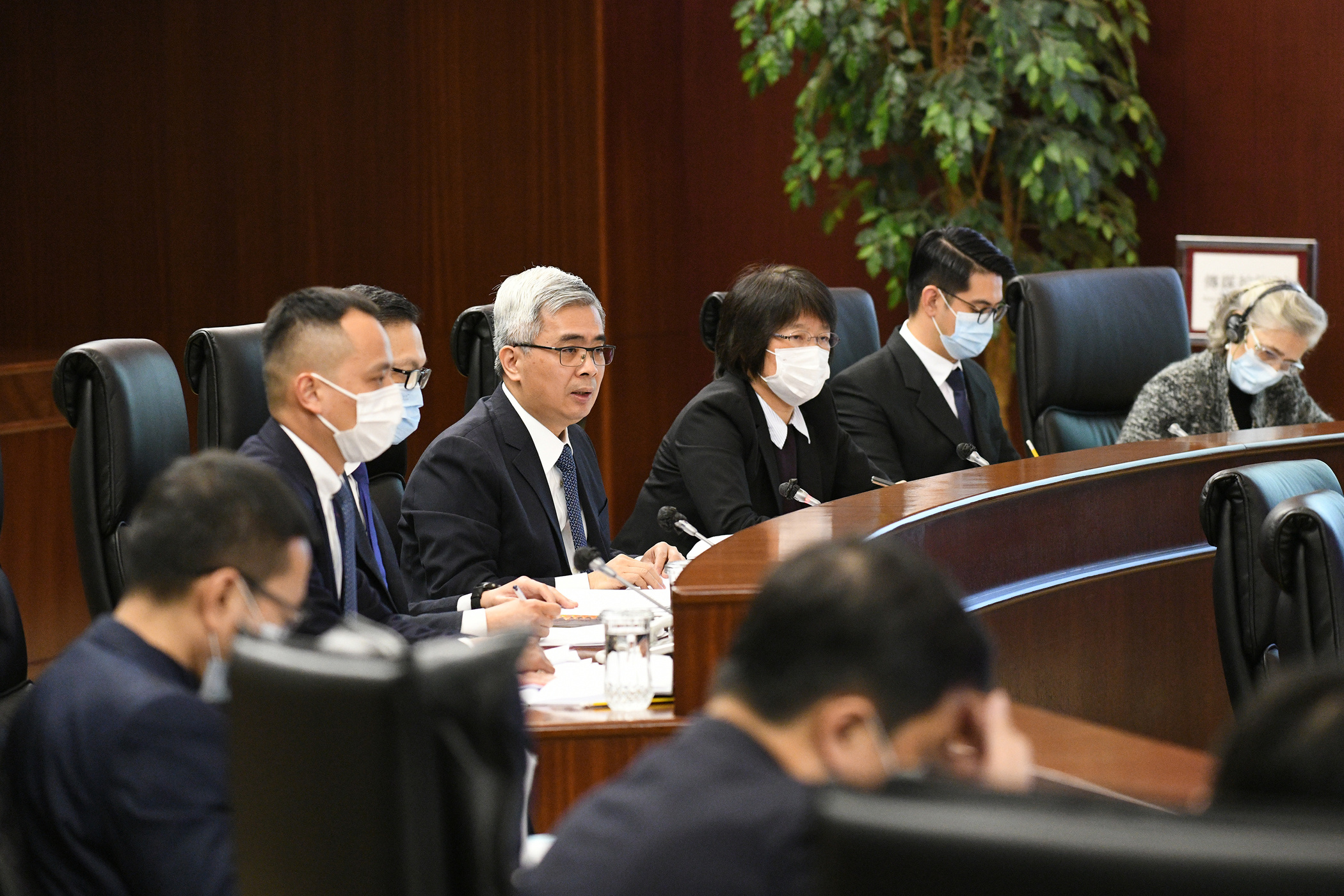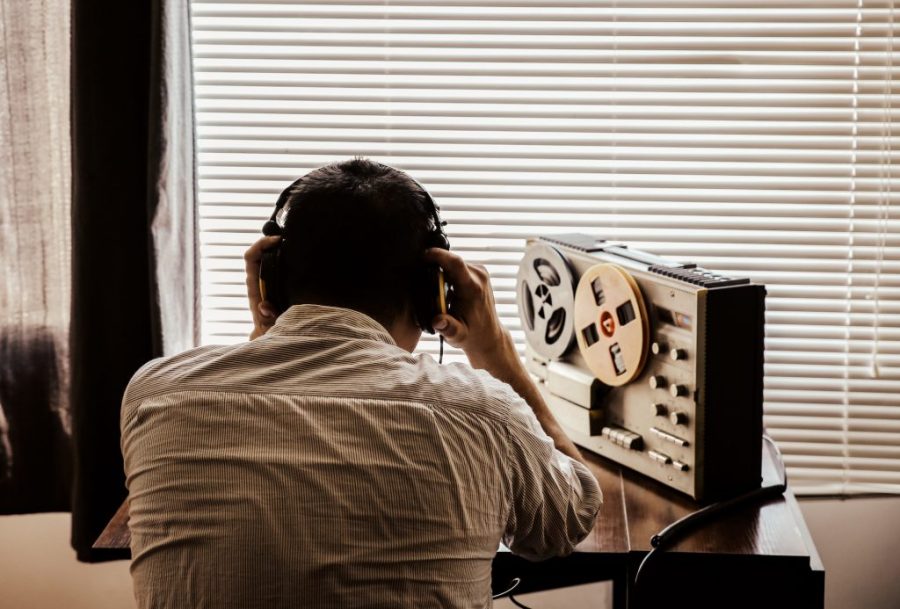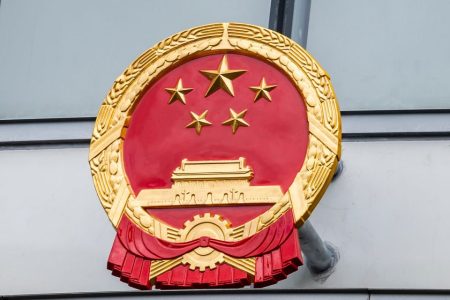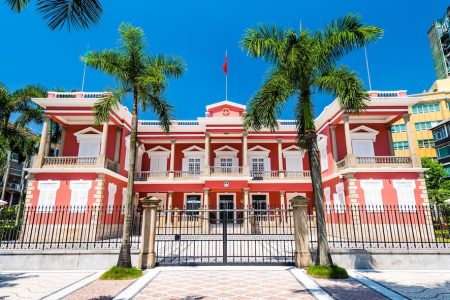The Legislative Assembly has passed the outline of a government-initiated bill regulating the tapping of telephones during police investigations.
The bill aims to allow the police to tackle more sophisticated crimes due to the constant development of telecommunications technology, while ensuring higher protection of citizens’ privacy rights.
The bill is also part of the government’s work on improving its legal system on safeguarding national security.
Secretary for Security Wong Sio Chak introduced the bill, pointing out that telephone tapping by the police is currently regulated by Articles 172 to 175 of the Penal Procedures Code, which came into force in 1997.
Wong said that the current rules for tapping telephones are unable to tackle situations due to the constant development of telecommunications technology. As a result, he said, there is an urgent need for Macao to improve its rules on police telephone tapping.

Wong noted that the government carried out a public consultation in late 2018 on the drafting of a telephone tapping bill, during which security portfolio officials listened to opinions from ordinary residents and professionals, such as lawyers, legal scholars, those working in the telecommunications sector, judicial officials, and officials from the Commission Against Corruption and from the Personal Data Protection Office.
Wong said that, in general, people agreed that there was a need to update legislation on tapping telephones.
The government has submitted a single bill regulating police telephone tapping, instead of proposing a bill that would have amended the telephone tapping articles in the Penal Procedures Code.
The bill, formally called Legal System on Communications Interception and its Protection, proposes to abolish Articles 172 to 175 of the Penal Procedures Code.
According to Article 172 of the code, the police are only allowed to tap telephones for certain crimes after obtaining formal approval from a judge who believes that to do so would be vital for the collection of evidence. Wong said that the new bill proposes that the fundamental contents of the current requirement for the police to obtain approval from a judge will remain unchanged.
In addition, the bill amends the requirement’s wording by proposing that the police will only be allowed to intercept communications for certain crimes after obtaining formal approval from a judge who believes that intercepting the communications is “necessary” for the police to be able to discover the truth, or when it is impossible or difficult for the police to collect the respective evidence any other way.
Wong also noted that the bill proposes to cover additional kinds of suspected crimes for which the police will be allowed to intercept communications.
According to the code, the type of suspected crimes that allow the police to tap telephones include those that are punishable by more than three years in prison, drug trafficking, crimes involving weapons and explosives, as well as the crimes of libel, intimidation, coercion or intrusion into other people’s private lives via telephone.
In addition to the existing ones, the new bill proposes that police will be allowed to intercept communications involving terrorism, money laundering, crimes endangering national security, organised crime, human trafficking, cybercrimes, crimes related to external trade activities and bribery.
Wong said that the government aims for the legislation of the new bill “to be able to improve its legal system on safeguarding national security and its enforcement mechanism, to strengthen the police’s ability to combat and prevent serious crimes and high-tech crimes, and to safeguard national and regional safety”.
The current rules listed in the Penal Procedures Code do not regulate the maximum length of time which the police can tap telephones for a criminal case, in which case the maximum length is decided by a judge.
While the maximum length of communications interception will continue to be decided by a judge on a case-by-case basis, the bill proposes that police can only tap a particular telephone each time for up to three months.
According to the bill, the police can request a judge, if needs be, to extend the interception period, but also only lasting up to three months each time.
The bill will now be passed to a standing committee of the legislature for article-by-article debate and review, after which it will once again be submitted to another plenary session for its final debate and vote, The Macau Post Daily reported.






